Here at Learning and the Brain, we bring together psychology (the study of the MIND), neuroscience (the study of the BRAIN), and pedagogy (the study of EDUCATION).
That is: we bring together THREE complex fields, and try to make sense of their interactions, differences, and commonalities.
Such interdisciplinary work creates meaningful challenges.
In any one of those fields, scholars argue about basic definitions and concepts. So, you can imagine the debates that rage when all 3 disciplines together. (Quick: what does the word “transfer” mean? Each field defines that word quite differently…)
So, who decides what “we” think in the field of MBE? What core beliefs hold us together, and how do we know?
One Answer: Ask Delphi
To solve this puzzle, Dr. Tracy Tokuhama-Espinosa, Dr. Ali Nouri, and Dr. David Daniel organized a “Delphi Panel.”
That is: they asked 100+ panelists to respond to several statements about the intersection of psychology, neuroscience, and education. (Full disclosure: I’m almost sure I was 1 of the 100 — but I don’t have specific memories of my contributions.)
They then crunched all those answers to determine a) the panelists’ points of agreement, and b) their enduring concerns about those points.
For instance, 95% of the panelists agreed with this statement:
Human brains are unique as human faces. While the basic structure of most humans’ brains is the same (similar parts in similar regions), no two brains are identical. The genetic makeup unique to each person combines with life experiences and free will to shape neural pathways.
However, several participants disagreed with the inclusion of the phrase “free will” — including some who agreed with the statement overall.
This Delphi Panel method, in other words, BOTH looks for points of consensus, AND preserves nuanced disagreements about them.
21 Tenets, and Beyond…
So, what do “we” in the world of MBE believe?
The Delphi Panel supported 6 principles and 21 tenets across a wide range of topics: motivation, facial expression, tone of voice, sleep, stress, novelty, even nutrition. (91% of panelists agreed with the statement “NUTRITION influences learning. Basic nutritional needs are common to all humans, however, the frequency of food intake and some dietary needs vary by individual.”)
Taken all together, they add up to several Key Concepts — almost all of which matter to teachers who read this blog.
For instance:
Teachers should understand some basic definitions, and beware of some enduring neuromyths. (“Learning styles,” here’s looking at you.)
We should know that attention networks can improve, and so can executive functions. (I’m a little concerned about this last statement, as it implies false hopes about working memory training.)
Teachers should know that affect matters as much as cognition; that retrieval practice and spacing really work; that growth mindset is a thing; that interleaving helps.
Excellent Timing
In fact, several of this Delphi Panel’s conclusions align with our upcoming conference on Calming Anxious Brains (starting November 19).
For instance:
STRESS influences learning. However, what stresses one person and how may not stress another in the same way. (95% agreement)
ANXIETY influences learning. However, what causes anxiety in one person may not cause anxiety in another. (97% agreement)
In other words: our students aren’t little learning computers. Their emotional systems — when muddled by the stress and anxiety of Covid times — influence learning profoundly.
Teachers should attend to our students’ emotional lives not because of some misguided mushiness; instead, we do so because those lives can make learning much harder, or much more fluent and natural.
MBE research, and the Delphi Panel, say so.
As a bonus, here’s Dr. Tokuhama-Espinosa explaining the “The Difference between Mind, Brain and Education, Educational Neuroscience and the Learning Sciences”:
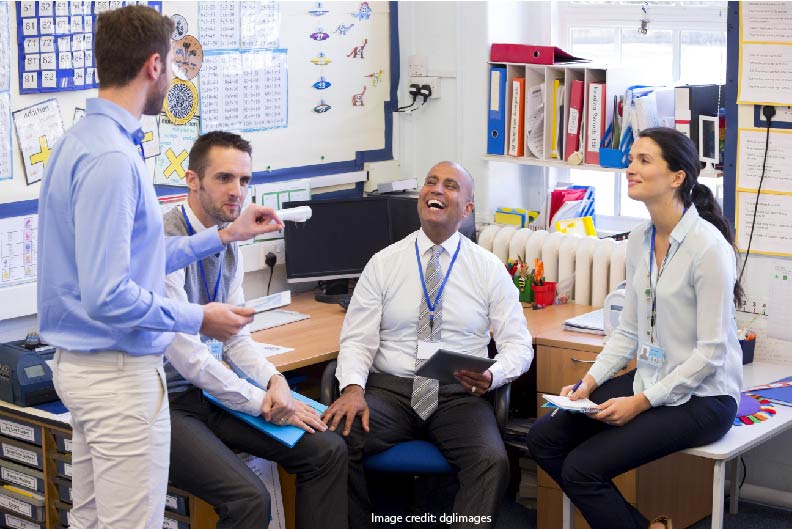




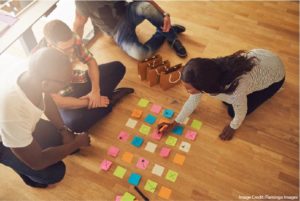
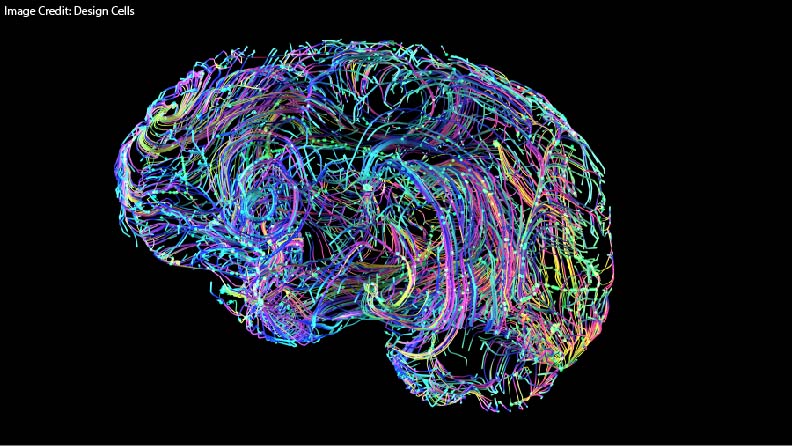
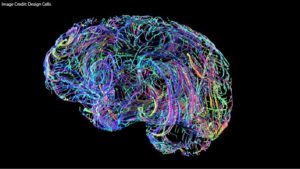

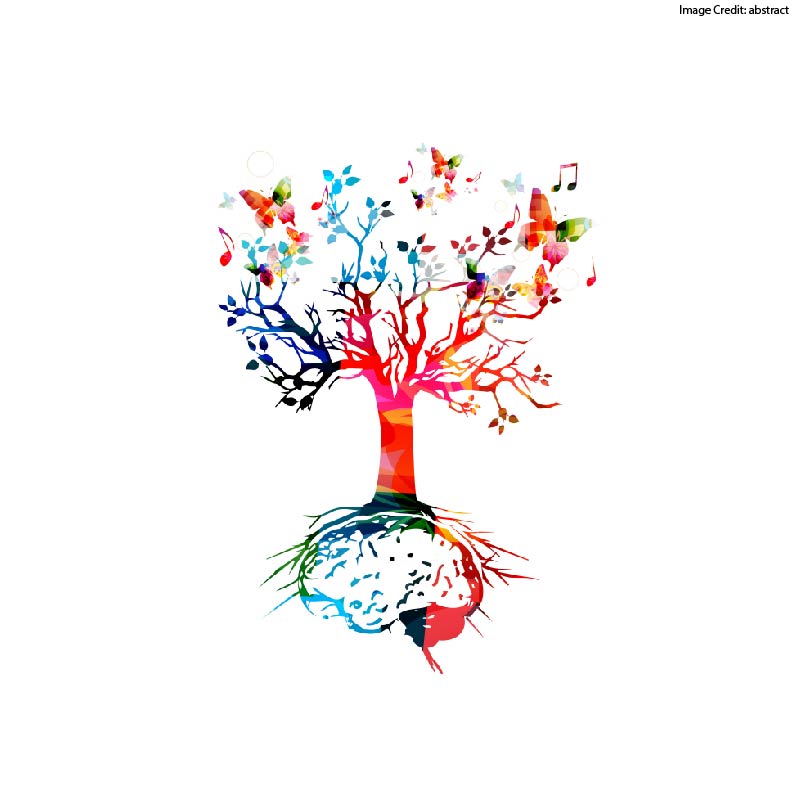
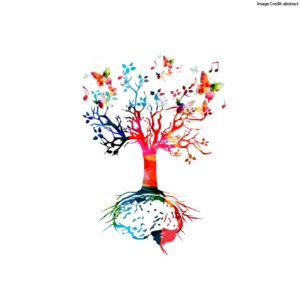










![How Can We Help Students Study Better? [Repost]](https://www.learningandthebrain.com/blog/wp-content/uploads/2021/01/AdobeStock_257330646_Credit.jpg)
